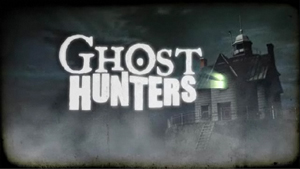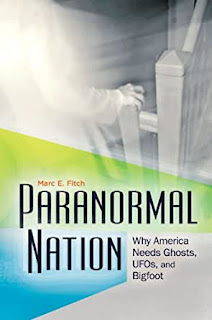Literature Review #5

Here is a picture of what is marketed as a “Premium Ghost Hunting Digital EVP Recorder” on Amazon. Upon closer inspection, this product is just an ordinary digital voice recorder. https://www.amazon.com/Premium-Ghost-Hunting-Digital-Recorder/dp/B0888V7B9H Axtell, Cassie C., "Assessing Electronic Voice Phenomena through Speech Science." Honors Theses, Encompass, 2017, https://encompass.eku.edu/honors_theses/415 Axtell explores some of the history behind EVPs and analyzes the reliability of using EVPs as a method for ghosts to communicate with humans. She mentions examples of different experiments that show how interpretations of EVPs vary significantly between people, which indicates that EVP interpretations may not be accurate at all. She also applies the possibilities of apophenia and priming to ghost hunting and EVPs. Axtell further laments the lack of speech scientists and speech analysis during EVP interpretations; thus, all that ghost hunters have are...

